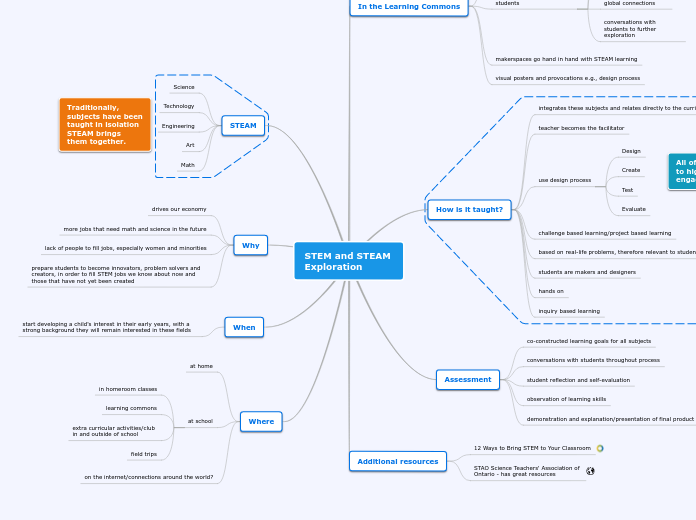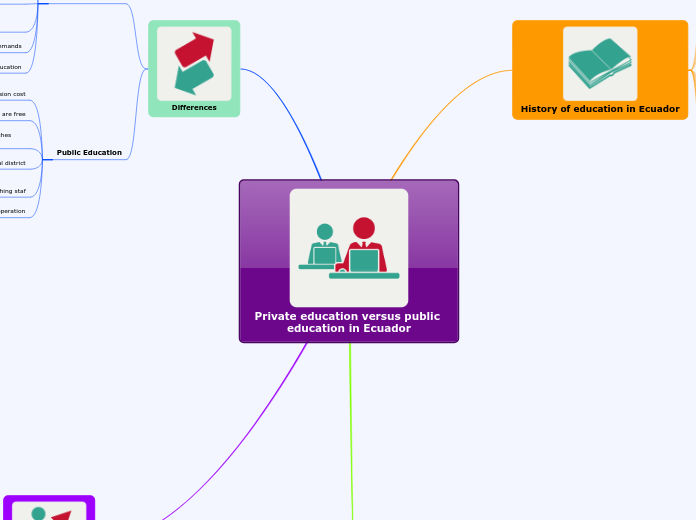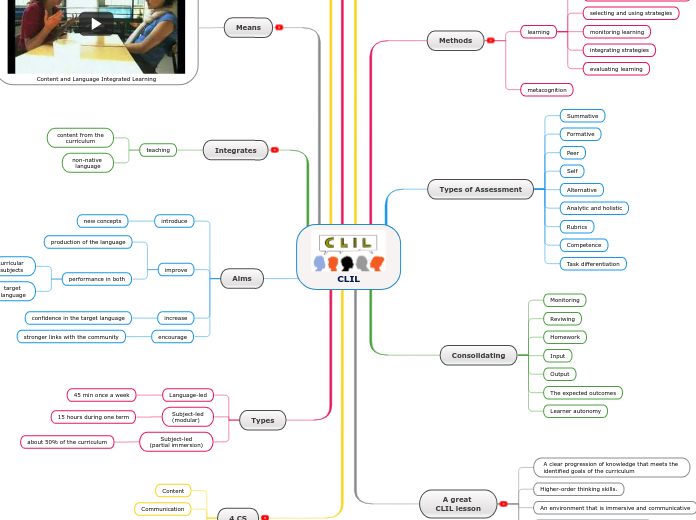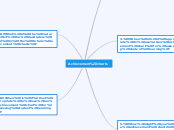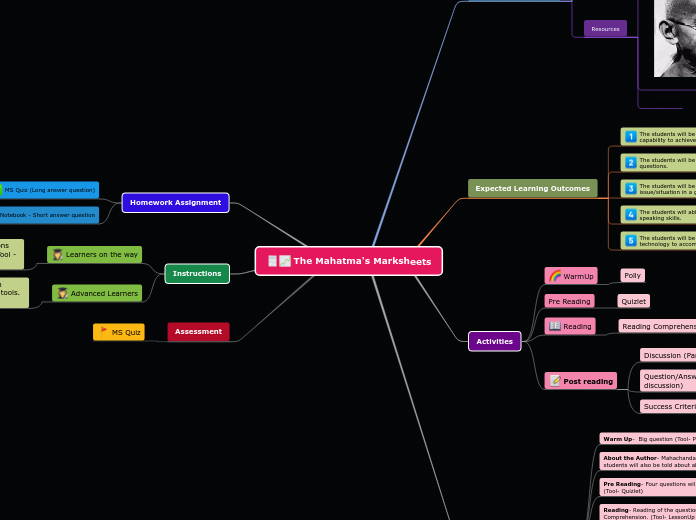arabera Dashawetz Katherine 6 years ago
182
STEM Exploration
Integrating subjects through STEAM education involves teaching science, technology, engineering, art, and mathematics in a cohesive manner, rather than in isolation. This approach is implemented in various settings, including homes, schools, and extracurricular activities.
